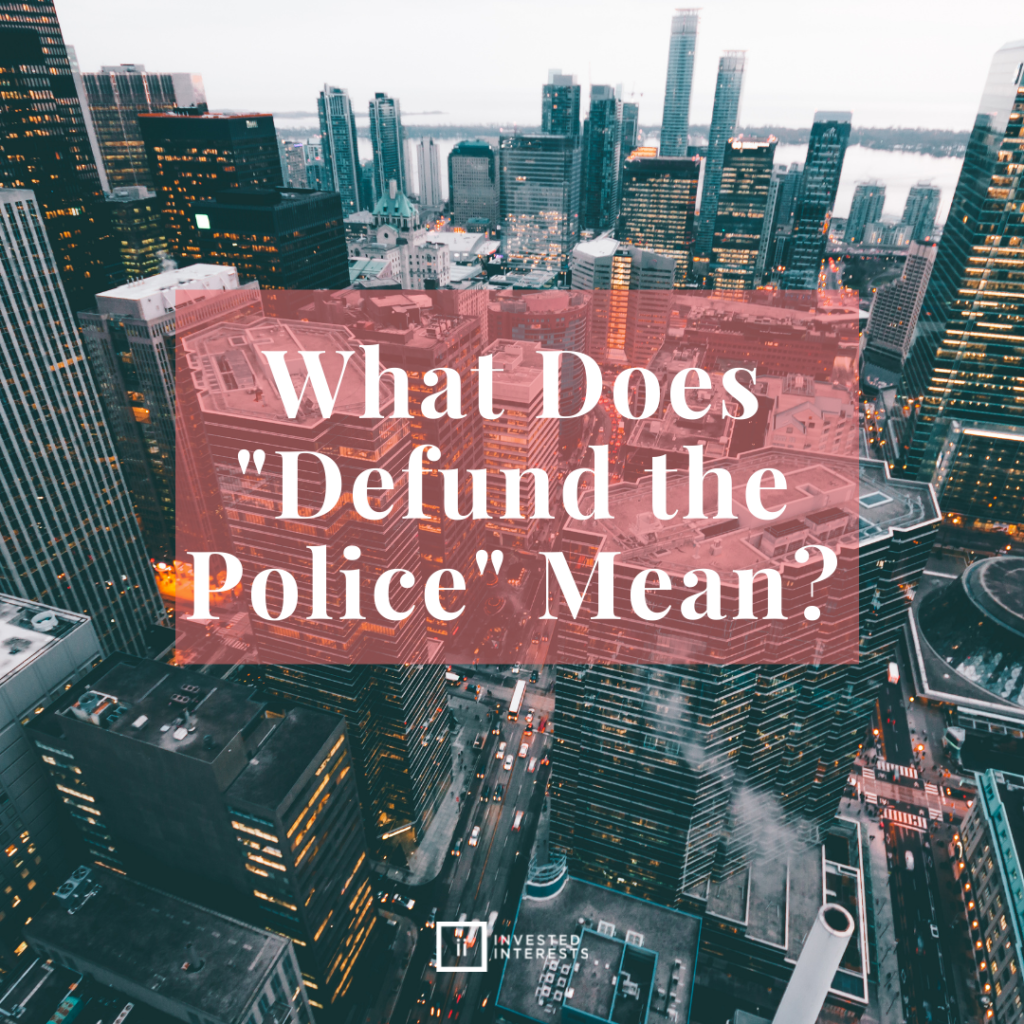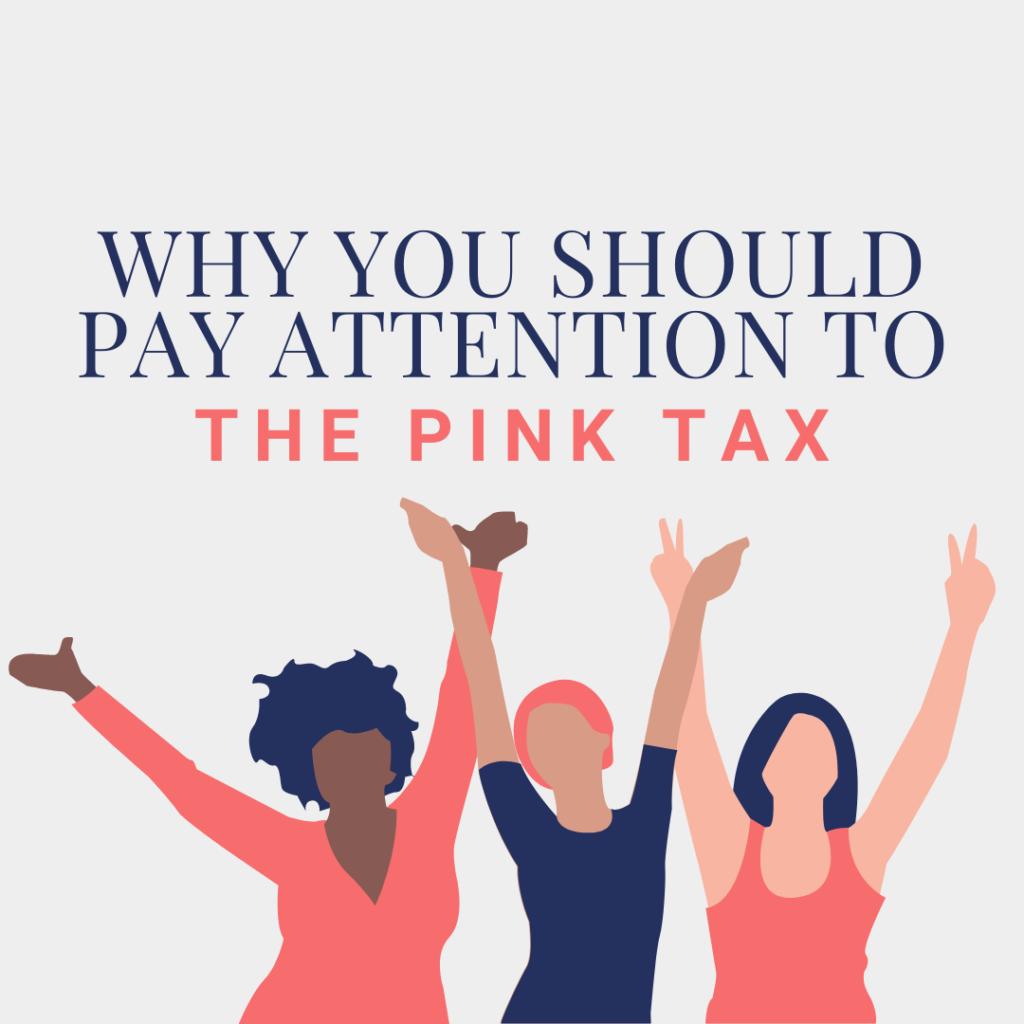Think about if you were to live next door to your favorite fast-food restaurant. You would see the restaurant every day, drive or walk past it, and possibly even smell the food being made. That would make it really difficult to avoid spending money there.
You would need to defund your fast food habit.
Now, cutting back on fast food does not mean you should stop spending on food altogether. Rather, it would be in your best interest to reallocate my funds towards healthier food options.
Using the same line of thinking, defunding the police means the government needs to reallocate funds towards more beneficial means of public safety.
Obviously, the city budget is a lot more complex than my own. There are more people whose needs have to be considered, more diverse expenses, and a lot more money.
But the analogy can still be useful to get a better understanding of the reasoning behind “defund the police.”
When activists and protesters use “defund the police,” it is not a call to end public safety. The movement is meant to address the problems with our current view of safety and create a new system that works better for all people.
Right now, policing is the most prominent form of public safety. However, policing does not serve and protect all Americans equally. Neighborhoods of color are disproportionately policed. Black and Latinx Americans are disproportionately arrested and incarcerated.
In an effort to better serve yourself, you would have to think critically about your dinner plans. Similarly, in an effort to better serve our communities, we have to reimagine public safety.
Why is there a call to action to defund the police?
There are many reasons why people believe we should defund the police. As previously mentioned, our current policing system does not serve and protect all Americans equally. The foundation on which the system was built is riddled with bias. This same criminal justice system incarcerates more than five times the amount of Black Americans than white Americans.
Apart from the disproportionate policing issue, the U.S. is spending more than $100 billion annually on policing. This is money that could be used for schools, healthcare, and other programs in our communities. In poorer communities and communities of color, this is a much greater issue, as money is typically not allocated to them.
Our tax dollars should be spent in a more humane and peaceful way. We have seen the detrimental social and economic toll policing has taken on our country. By reallocating those resources to communities and programs that need the money, we can reinvent the future of the system.
What does a world without police look like? In the words of Congresswoman Alexandra Ocasio Cortez, “A suburb.”
In a wealthy suburb, the government meets the community’s needs. Schools are well funded. Residents have access to quality healthcare. People aren’t forced to decide whether to spend money on rent or food.
A suburb (for our Minnesotans, think Edina, Wayzata, or Minnetonka) is a safe place to walk around without a large police presence. In other words, the police are not the key to public safety in places like the suburbs.
Building safe communities is not a simple task. It will require better budgeting, more impactful community programs and services, fuller enfranchisement for all people, and a lot more. Our communities are worth the investment.
What does this mean for the future?
We feel like it is important to again say defunding does not mean abolishing. As for what defunding the police means for the future of our communities, there are many misconceptions. Let’s break some of them down.
- Defunding will lead to craziness.
- Research shows that the lack of literacy and education is a far better indicator of future imprisonment. Therefore, reallocating funding to ensure equity in education and infrastructure across the board would help to reduce that risk.
- Police are exceptionally successful in stopping crime.
- Police officers are not as successful in solving and stopping crime as you might think. As of 2019, 38.% of murders, 67.1% of rapes, 69.5% of robberies, and 82.8% of property crimes went uncleared. Sure, we might hear on the news that so-and-so was caught, but that is just one story out of thousands.
- People who think defunding the police is a good idea have not done any research.
- Actually, over the past sixty years, the U.S. has spent more and more tax dollars on police and incarceration. To put that into perspective, in 1960, the U.S. spent $2 billion on policing, and in 2018, the U.S. spent more than $137 billion on policing. Interestingly enough, this increase in spending does not correlate to a decrease in crime. In fact, there has not been a significant decrease in crime at all. See it for yourself here.
Now, we cannot say or predict what exactly will happen in the future. However, the research shows that the effects of defunding the police are not as harmful as some may think.
What can you do now?
To support the movement to defund the police and promote peace you can do a number of things. First, you can write to your local representatives and express your concerns. You can also support organizations that address police accountability and racial justice. Here you can find a long list of various organizations across the country that support these causes. Another option is to go out and peacefully protest. Use your voice, stand up, and be heard.
On the other hand, you can also invest in peace. At Invested Interests, we have an entire portfolio dedicated to the subject of promoting peace. Our peace portfolio does not support violence and avoids companies associated with armed combat. If this sounds like something you are interested in, click this link to get information from our team!




